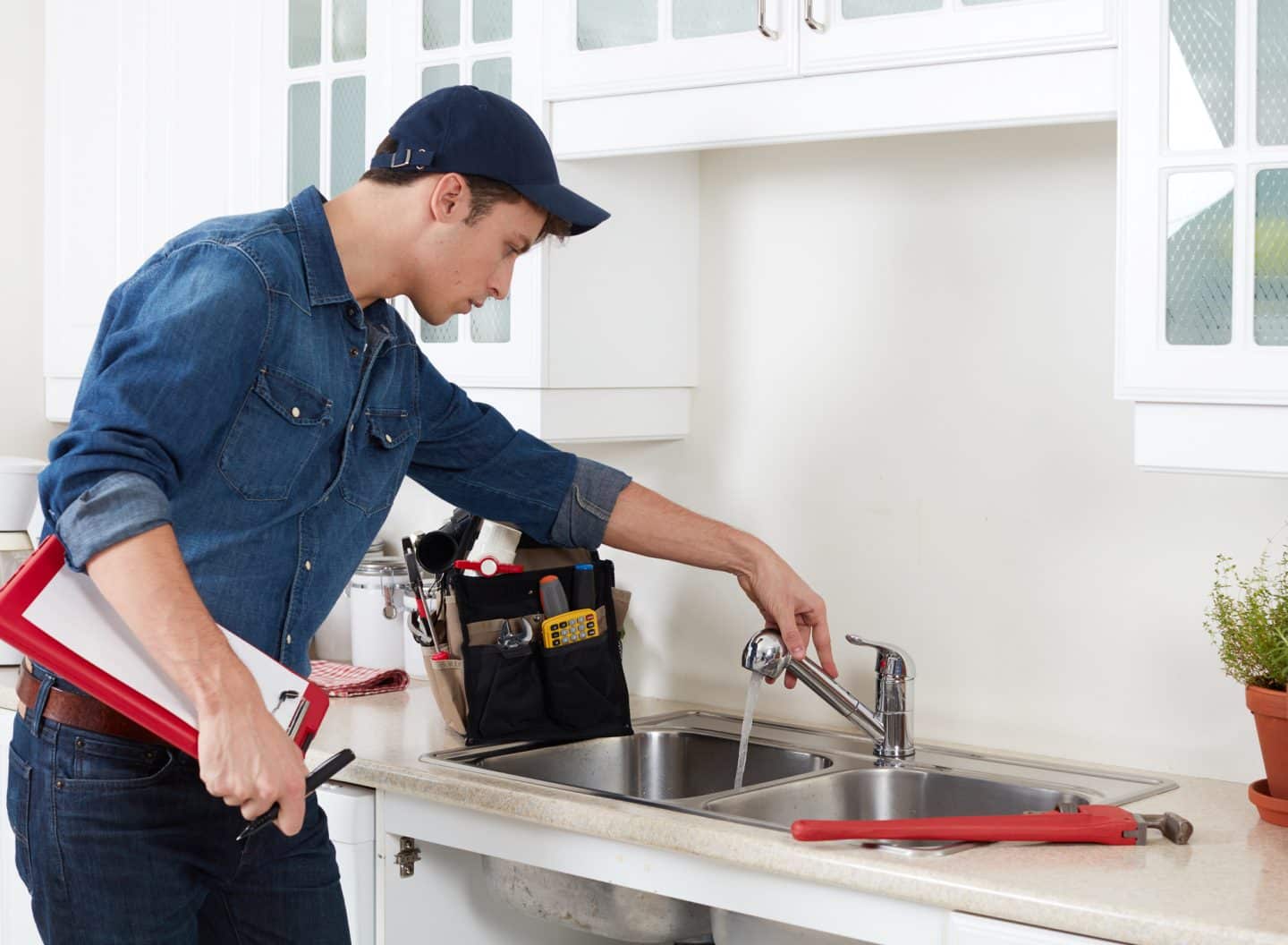
Sump pumps protect your home from flooding and water damage, especially in areas prone to heavy rainfall or with high water tables. By understanding the different types of sump pumps available, you can decide which one is best suited for your home. This guide will help you explore the various types of sump pumps and why professional installation and maintenance are crucial. Happy Plumbing, serving San Diego, specializes in expert sump pump services to ensure your home remains safe and dry.
What is a Sump Pump?
A sump pump is installed in the lowest part of a basement or crawlspace to prevent flooding by removing accumulated water. It sits in a sump pit, and when the water level in the pit rises to a certain point, the pump activates and directs the water away from the home, typically to a storm drain or dry well.
Types of Sump Pumps
There are several types of sump pumps, each with its advantages and ideal use cases. Here’s a detailed look at the most common types:
1. Submersible Sump Pumps
Submersible sump pumps are designed to operate while fully submerged in water. They are installed inside the sump pit and are completely covered by water when in use. These pumps are powerful and efficient, ideal for homes with significant flooding risks.
Advantages:
- Quiet Operation: Since they are submerged, submersible pumps operate quietly.
- Efficiency: They can handle large volumes of water quickly.
- Longevity: Water cooling makes These pumps less prone to overheating.
For more insights on the benefits of submersible pumps, read this article.
2. Pedestal Sump Pumps
Pedestal sump pumps have the motor mounted above the sump pit, with a hose extending down into the pit. The motor is not submerged, making these pumps easier to service and maintain.
Advantages:
- Ease of Maintenance: The motor is accessible and easy to service.
- Cost-Effective: Generally less expensive than submersible pumps.
- Suitable for Small Pits: Ideal for sump pits that are narrow or shallow.
For detailed information on pedestal pumps, check out this guide.
3. Battery Backup Sump Pumps
Battery backup sump pumps are secondary pumps that operate on battery power. They kick in when the primary pump fails or during power outages, ensuring your basement remains dry even during emergencies.
Advantages:
- Reliability: Protects during power outages.
- Peace of Mind: Acts as a safeguard if the primary pump fails.
- Additional Capacity: Can handle excess water if the primary pump is overwhelmed.
4. Water-Powered Sump Pumps
Water-powered sump pumps use water pressure from your home’s water supply to operate. They do not require electricity or batteries, making them a reliable option during power outages.
Advantages:
- No Electricity Required: Operates during power outages without needing a battery.
- Low Maintenance: Fewer moving parts mean less maintenance.
- Environmentally Friendly: Utilizes water pressure instead of electricity.
Why Professional Sump Pump Services Are Essential
While understanding the different types of sump pumps is crucial, professional installation and maintenance are equally important. Here’s why you should consider professional services:
1. Proper Installation
Installing a sump pump involves more than just placing it in a pit and plugging it in. Proper installation ensures that the pump operates efficiently and effectively. Professional plumbers can assess your basement’s needs, choose the right pump, and install it correctly to ensure optimal performance. Incorrect installation can lead to malfunctions and water damage.
2. Regular Maintenance
Regular maintenance is essential to keep your sump pump in good working condition. Professional plumbers can perform routine checks, clean the pump and pit, and test the system to ensure everything functions correctly. Regular maintenance helps prevent unexpected failures and extends the lifespan of your sump pump.
3. Emergency Repairs
Even with regular maintenance, sump pumps can sometimes fail due to mechanical issues or power outages. Professional plumbers offer emergency repair services to address any issues promptly, minimizing the risk of flooding and water damage in your home.
4. Expert Recommendations
Professional plumbers can provide expert advice on the best type of sump pump for your home, considering factors such as the size of your basement, the level of flooding risk, and your budget. They can also recommend additional features, such as battery backups or water alarms, to enhance your sump pump system.
Why Choose Happy Plumbing in San Diego?
Understanding the different types of sump pumps and their benefits is crucial for protecting your home from flooding and water damage. While submersible, pedestal, battery backup, and water-powered pumps each have their advantages, professional installation and maintenance ensure your sump pump operates efficiently and effectively. Happy Plumbing, serving San Diego, is the right address for all your sump pump needs.
